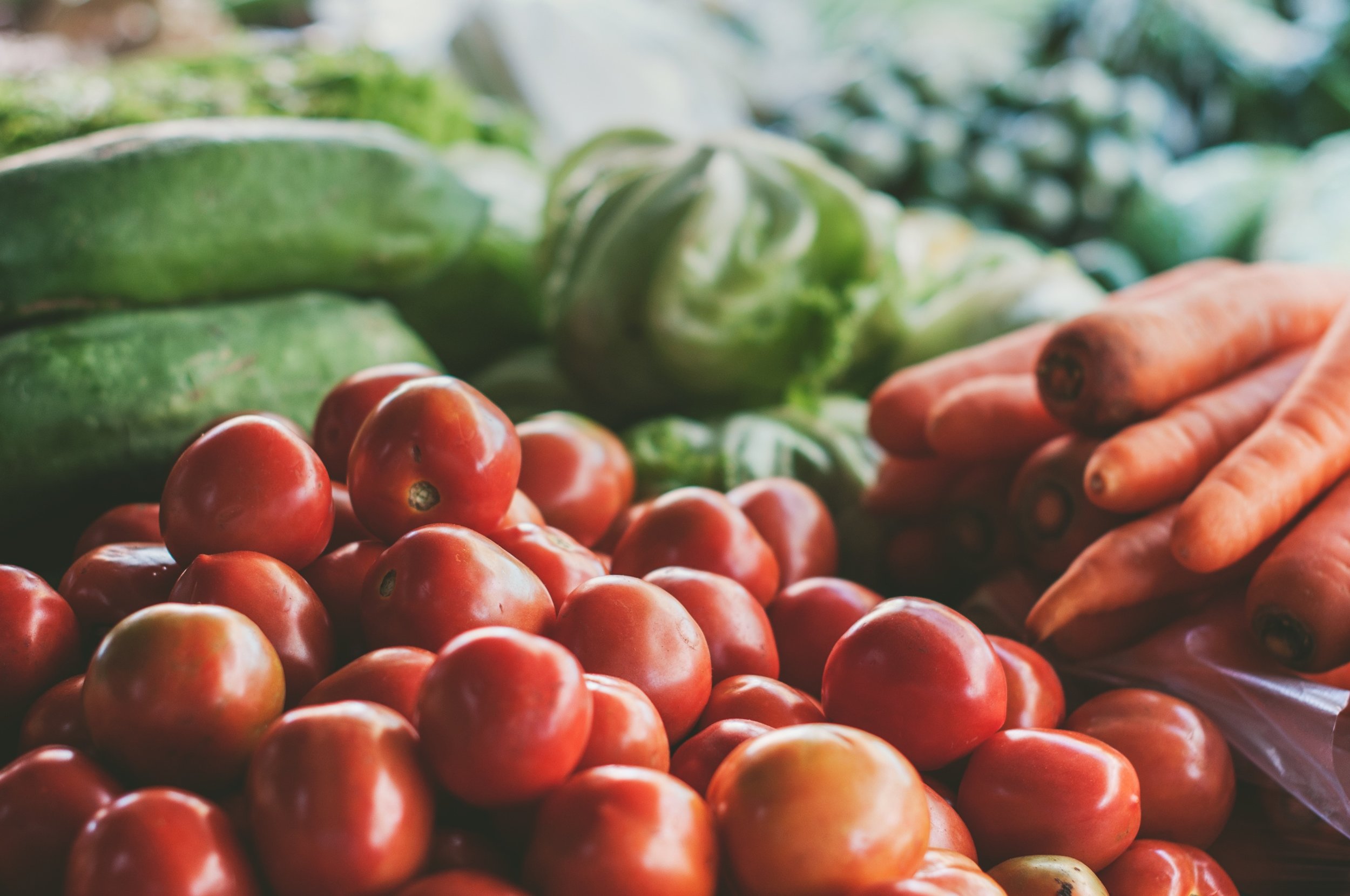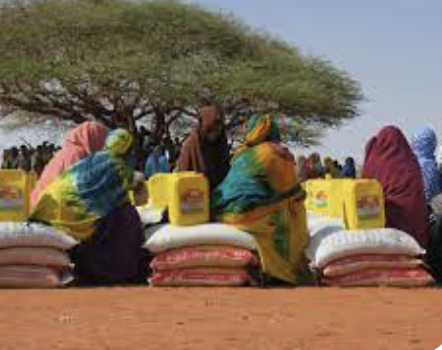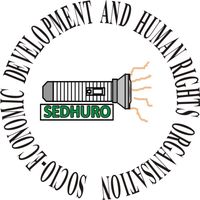

What We Do
Food Security
Sedhuro, a nonprofit organization, can significantly improve food security in Somalia by implementing various strategic interventions. Firstly, Sedhuro can advocate for policies that support food security, as well as the rights of marginalized communities to access nutritious and affordable food. Secondly, Sedhuro can promote sustainable agriculture practices by providing farmers with the necessary tools, training, and resources to increase crop yields and income. Thirdly, Sedhuro can support the development of accessible food storage and distribution systems, especially in remote and conflict-affected areas. Fourthly, Sedhuro can work towards improving nutrition by providing education on healthy eating habits and supporting the provision of nutritious food to vulnerable groups. This includes pregnant and lactating women, as well as children under five years of age. Lastly, Sedhuro can empower local communities to take charge of their own food security by promoting community-based food security initiatives, such as community gardens and livestock rearing. Overall, these strategic interventions can make a significant impact on improving food security in Somalia and promoting the health and wellbeing of communities.
The strategic Interventions in Food Security
- Provide food aid to those in need. This can be done through direct distribution of food, or by providing food vouchers that can be redeemed at local markets.
- Support local farmers. This can be done by providing them with access to seeds, fertilizer, and other agricultural inputs. It can also involve providing training on improved farming techniques.
- Promote sustainable agriculture. This can be done by working with farmers to adopt practices that conserve water and soil resources. It can also involve promoting the use of drought-resistant crops.
- Build resilience. This can be done by working with communities to develop early warning systems and disaster risk reduction plans. It can also involve providing training on climate-smart agriculture.
- Strengthen market linkages. This can be done by helping farmers to connect with buyers, and by providing them with information on market prices.
- Promote nutrition. This can be done by providing education on healthy eating habits, and by distributing micronutrient supplements.
- Empower women. This can be done by providing women with access to education, training, and resources. It can also involve promoting women’s participation in decision-making processes.


